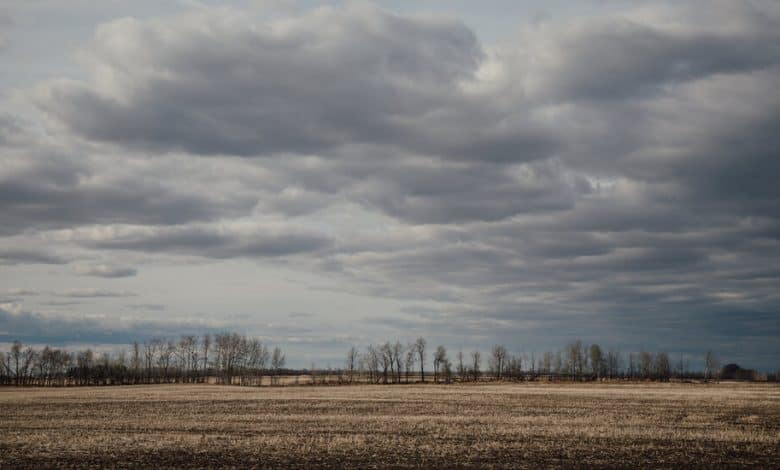Here’s What to Know About Canada’s Wildfire Season

Last year in Canada, a total of 7,100 fires burned in locations that stretched from one end of the country to the other. An entire city south of the Arctic Circle had to evacuate. Smoke from the blazes drifted down and darkened the skies of major American cities.
These were some scenes produced last year by Canada’s record wildfire season. Now, as warmer weather sets in, government officials are on high alert, with summer predicted to bring hotter and drier conditions that are ideal for fire.
Last year’s wildfire season started ominously, with nearly one million acres burned in the sparsely populated northern portion of Alberta, forcing thousands of residents to flee in early May.
This year, smaller fires in rural Alberta have also forced several thousand people to leave, and a prolonged drought in parts of Western Canada has officials worried that more fires could erupt in the coming weeks.
Here is the latest on Canada’s wildfire season.
Where are wildfires burning now?
Wildfire season typically runs from March until October, with fire activity usually picking up across western Canada in May.
Crews in the western provinces battled large flames that forced evacuations in several communities in mid-May. In Alberta, a wildfire led to the evacuation of about 6,600 people near Fort McMurray, an oil-producing region. It was also devastated by a forest fire in 2016 that displaced 90,000 residents and became Canada’s costliest disaster.